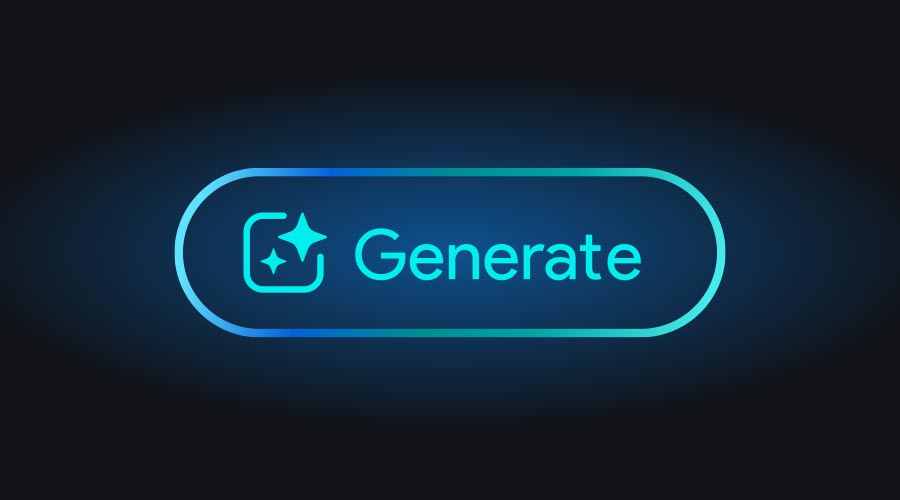
Contributed by Waterless Co., Inc.
A poll conducted on LinkedIn the last week of October asked LinkedIn members the following question:
What is the primary motivation for companies to become more water efficient and reduce their water consumption?
Most (35 percent) of those taking the poll said that the main driver of water efficiency—the long-term reduction in water consumption— is "to meet sustainability goals."
Among the other reasons why the respondents believed companies have become more water efficient were the following:
- New rules and regulations, 26 percent.
- Surging global water scarcity, 22 percent.
- For business survival, 17 percent.
However, according to Klaus Reichardt, CEO and founder of Waterless Co., Inc., a leading marketer of no-water urinals, "It appears most of those taking the survey may have missed the mark."
Reichardt says that in recent years, especially since the widespread adoption and use of artificial intelligence (AI), "companies view water efficiency as essential to their business survival."
This is especially true today because AI servers, now used in many industries, use vast volumes of water.
"Researchers have found that using AI to write a single 100-word email uses slightly more water than a standard 16.9-ounce bottle of soda. Most of this water is for cooling AI servers. They need more cooling, meaning a lot more water, than traditional servers."
Eliza Roberts with Microsoft shares Reichardt’s views. She has written that "no company can operate without water," stressing that at Microsoft, "we have a responsibility to help protect freshwater resources in the places where we operate and where there is high water stress."
However, Roberts and Reichardt both agree that many of the world's water challenges, even water scarcity, can be addressed.
“Water efficiency is crucial for businesses' survival. Only after ensuring efficient [water use] practices can businesses explore other options to reduce water consumption and replenish water supplies."

 The Down and Dirty on Cleaning in Virus Season
The Down and Dirty on Cleaning in Virus Season How Surfactant Use is Expanding in Commercial Cleaning
How Surfactant Use is Expanding in Commercial Cleaning Maximize Your Margins: Learn How to Automate Pricing and Track Rebates
Maximize Your Margins: Learn How to Automate Pricing and Track Rebates